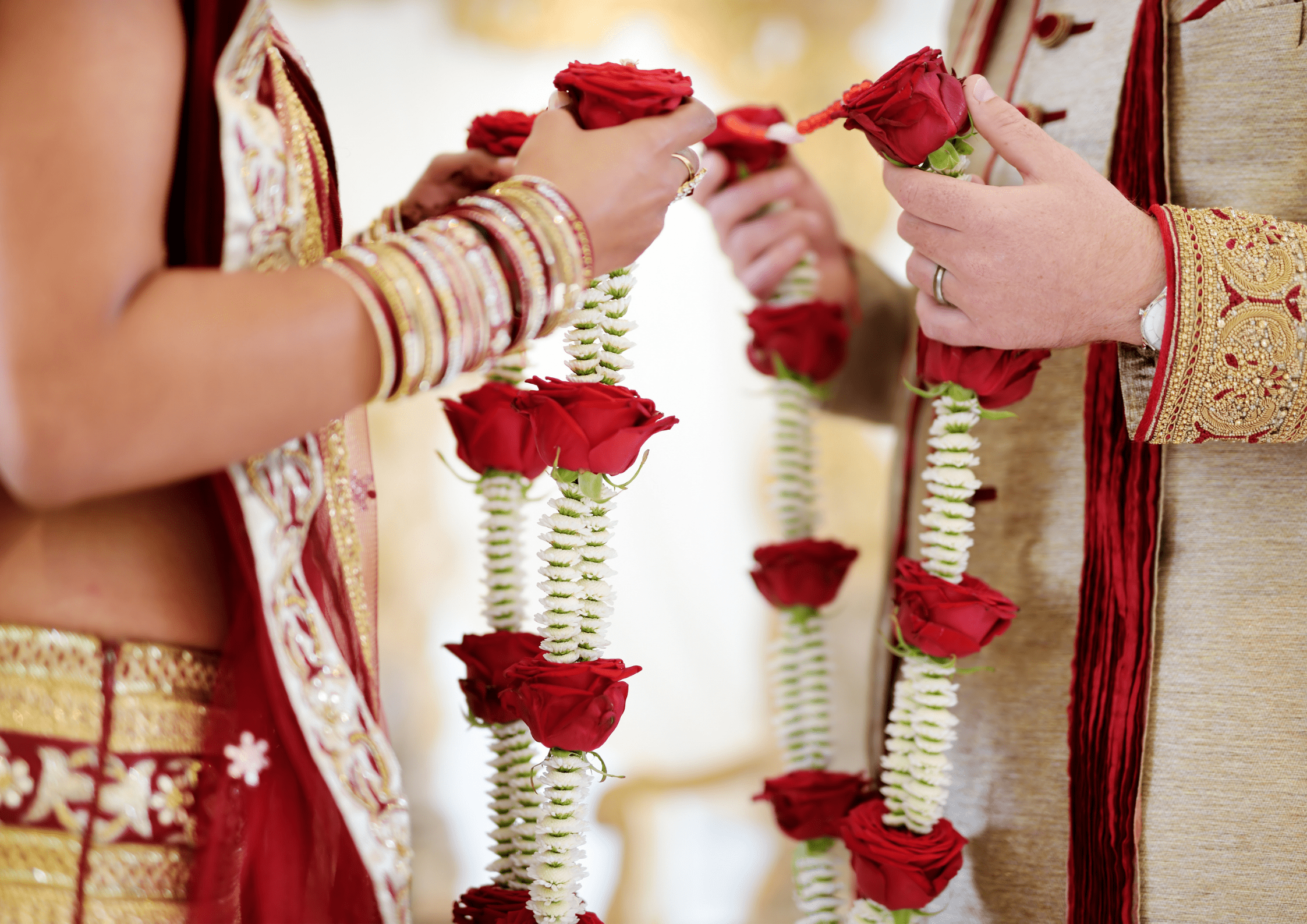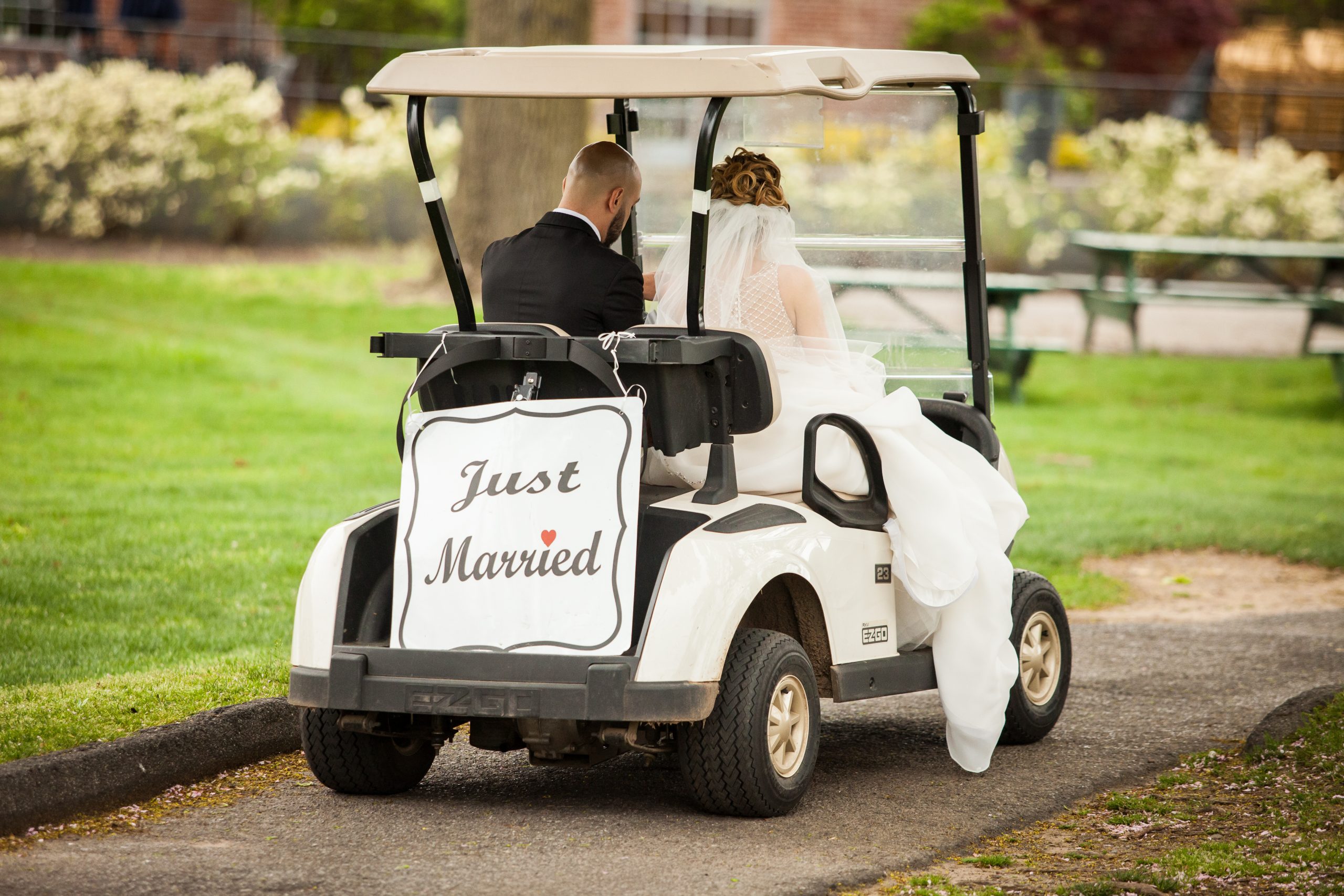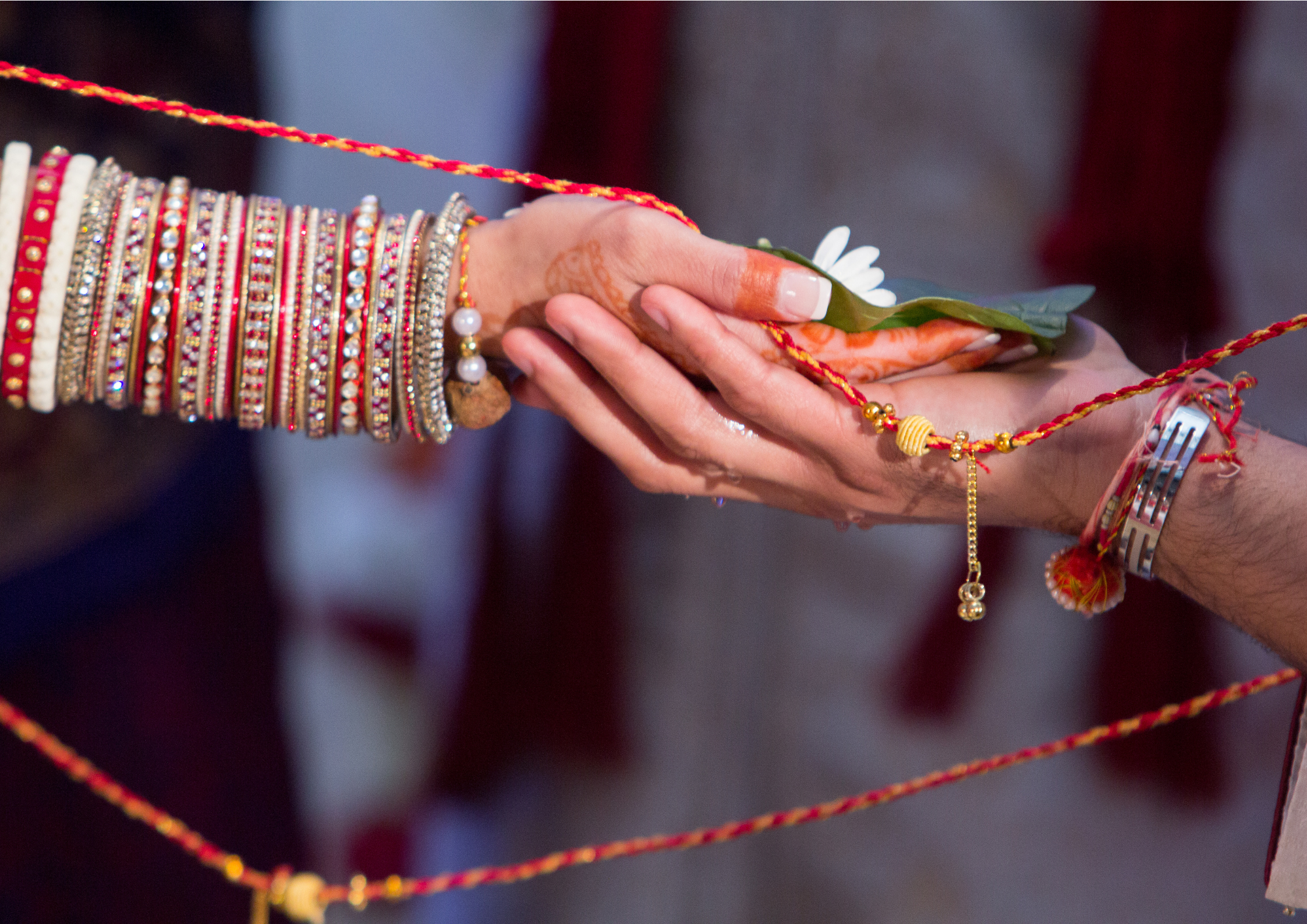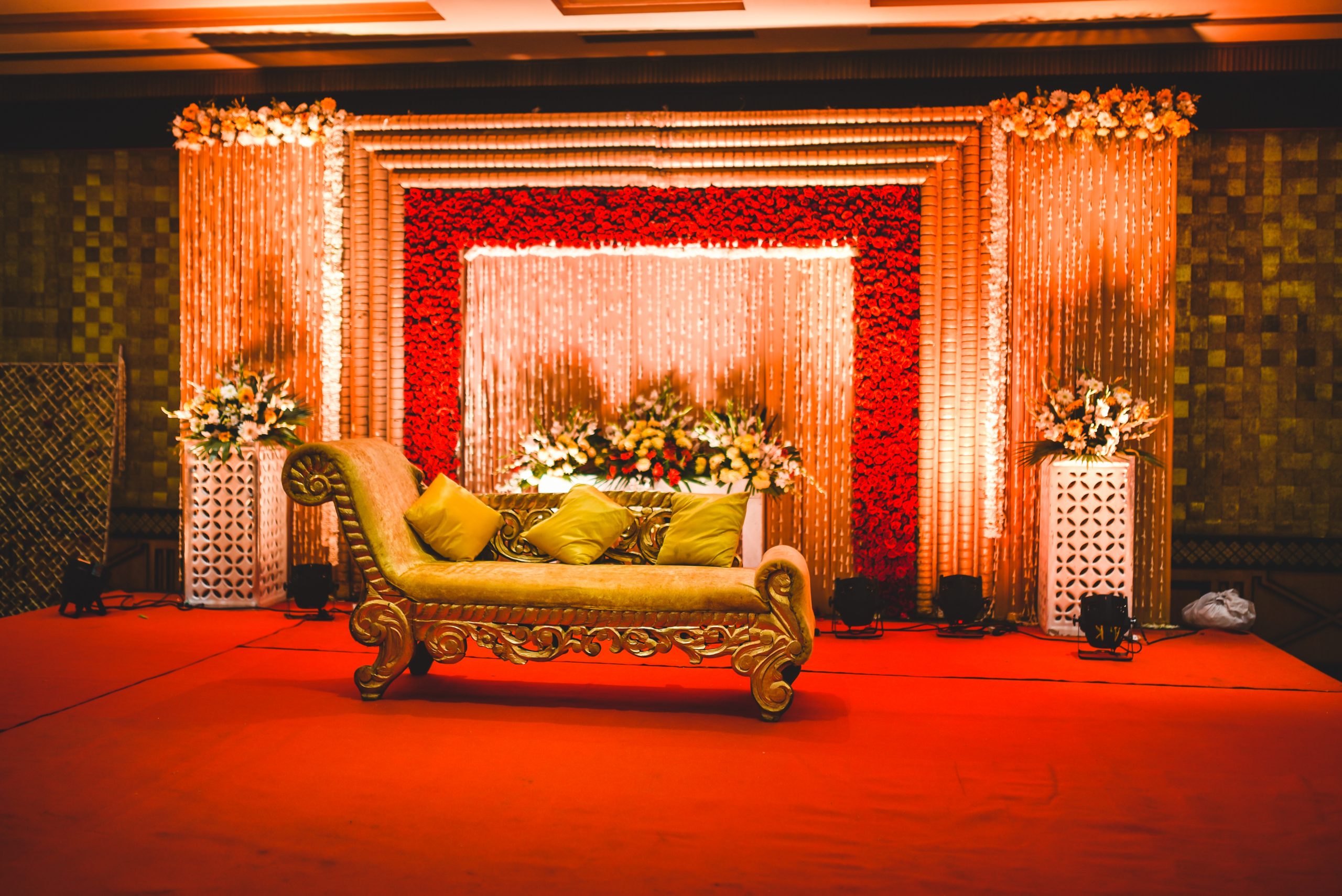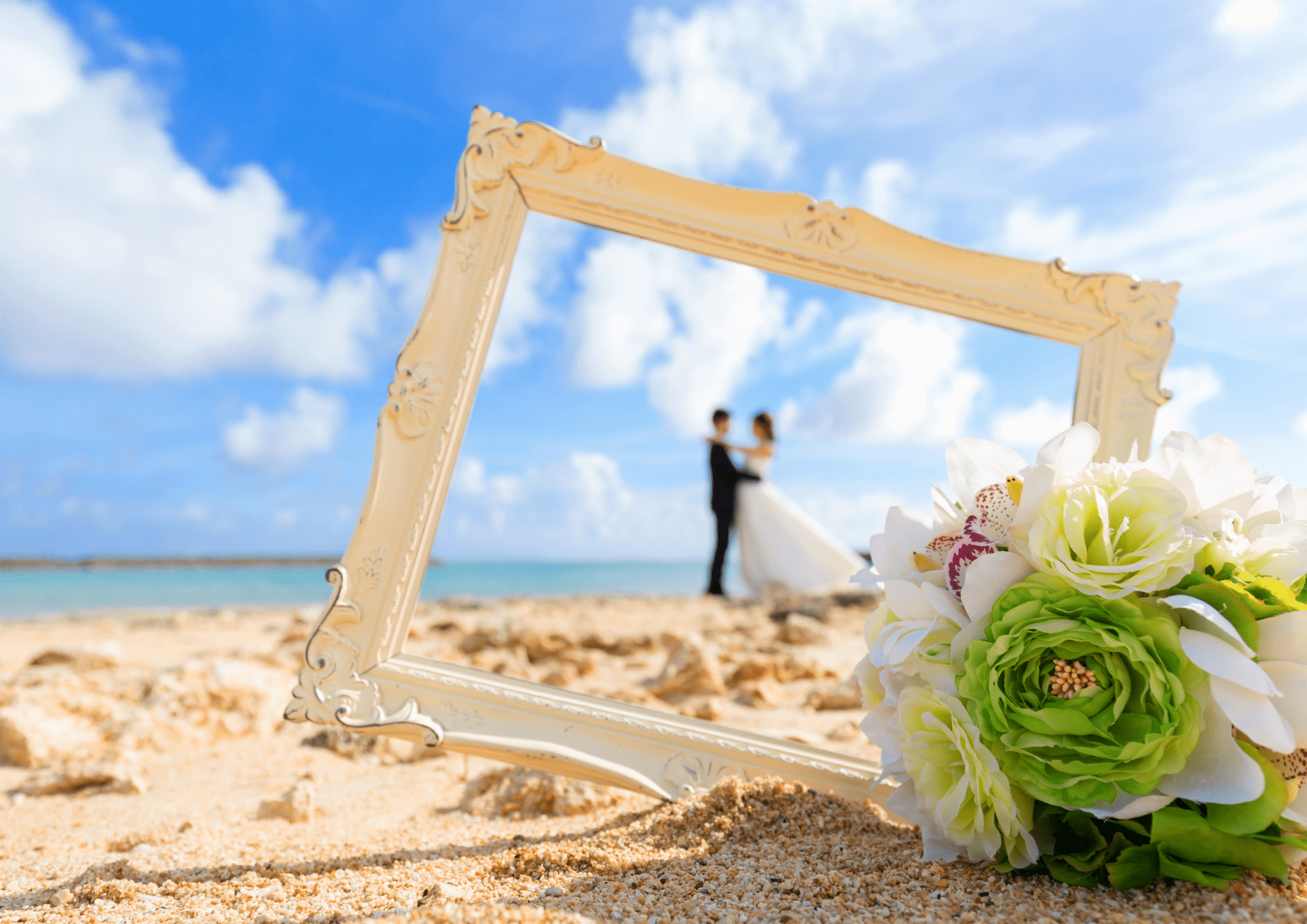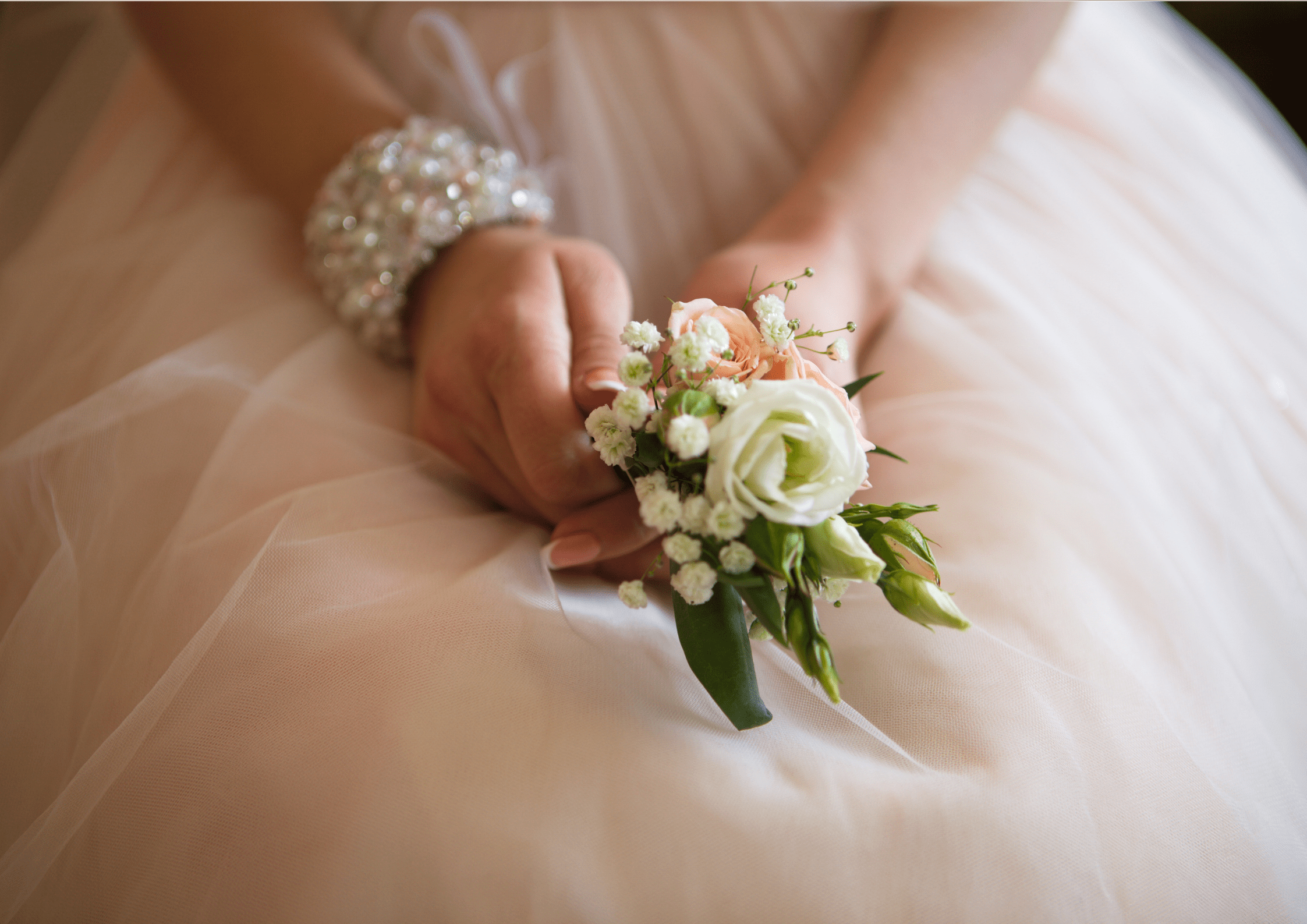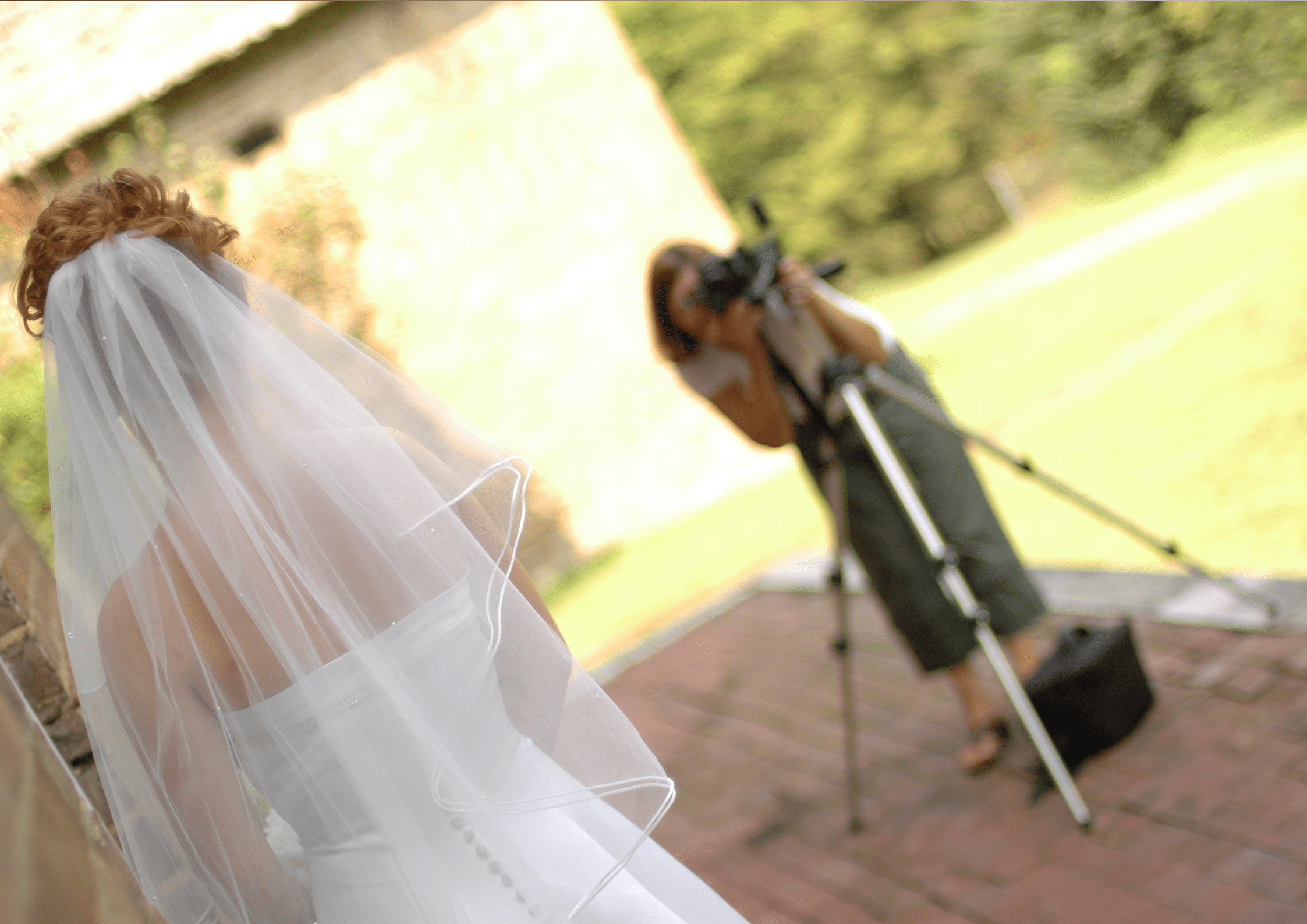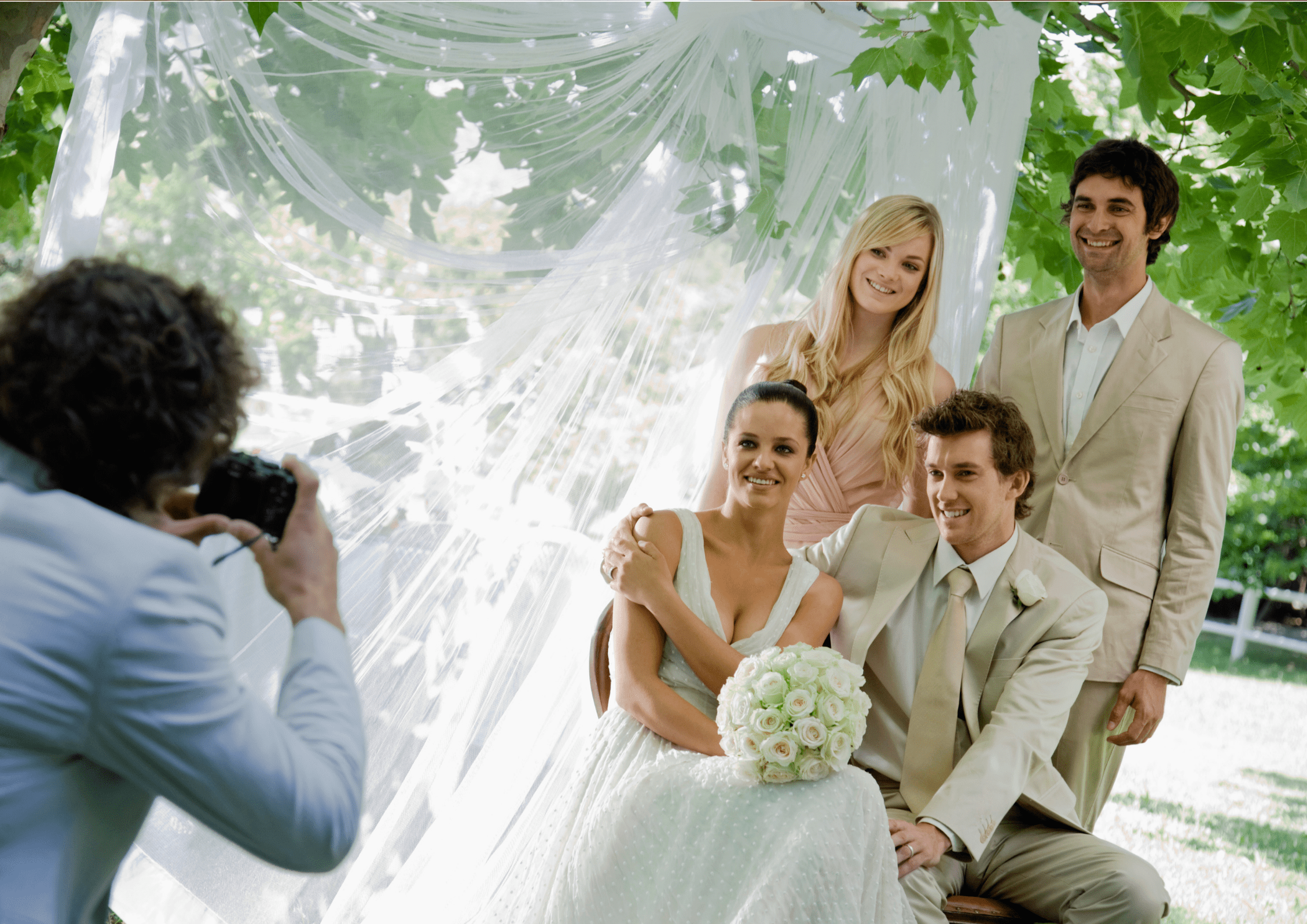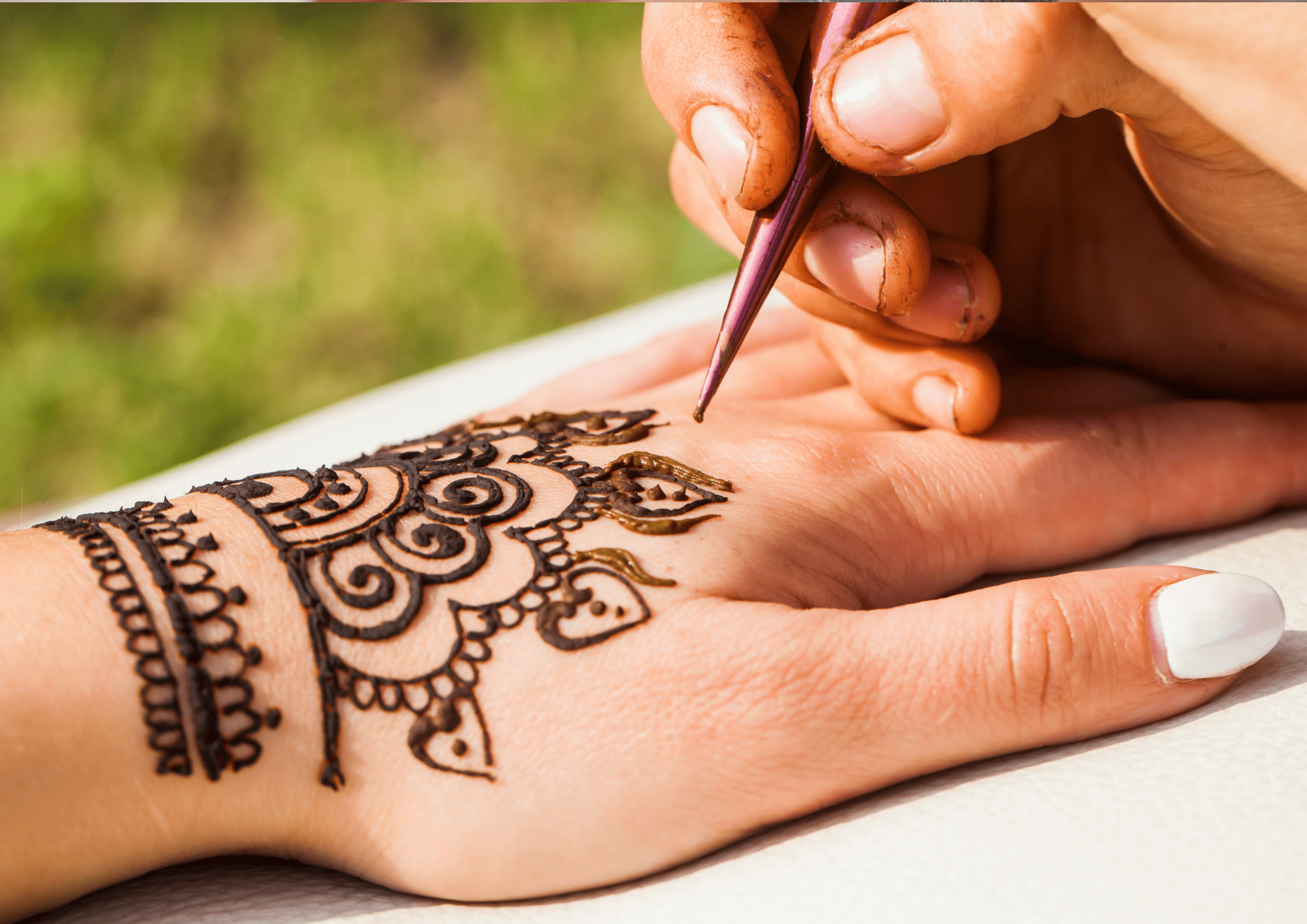LEGAL FORMALITIES.
PROCEDURES WITH THE REGISTRAR OFFICE OF PORT-LOUIS
The documents required for each spouse for the legal procedures with the Registrar office are :
- The first six pages of passport
- Birth certificate which date of issue shall not be more than three (3) months at the time of wedding in Mauritius
- For the wedding of two non-citizens in Mauritius where one or both of the parties are British Citizens; their birth certificates should bear the official seal ‘General Register Office – England’ or an Embossed Seal
- Divorce Certificate (Final decree) if applicable (The couple may also be requested to send the previous marriage certificate in specific cases)
- Divorced women or widowed getting married within ten (10) months (300 days) of the divorce pronouncement/death of spouse will require a certificate of non-pregnancy issued by a medical practitioner/doctor in Mauritius ( at clients’ expenses). The pregnancy test should compulsorily be done on our Island and the bride should present the medical certificate on the date of the formalities. It is understood that if the bride is pregnant, the civil marriage cannot be celebrated in Mauritius.
- Deed poll in case of name change (the change of name deed must be issued by the UK Deed Poll office)
- Is a widow or a widower, the death certificate of the deceased spouse + previous wedding certificate.
- Adoption documents if has been adopted
- The form “ Application to marry for non – citizens “ filled and signed by the couple
OTHER INFORMATION WITH REGARDS TO THE CIVIL WEDDING
- All the documents (including birth certificates) which are in not in English or French should be duly translated in English or French by a certified translator and should bear an official seal.
- All the above mentioned documents (copies ) + the application form filled and signed by the clients should be sent to Mautourco at least 8 weeks before the wedding day.
- The wedding day must have already been confirmed when sending the documents for the procedures.
- It is recommended to the bride and the groom to be on the island 72 hours before the civil wedding as the banns have to be published and formalities have to be done by both parties at the Civil Status Offices at least one or two working days before the civil wedding. The date of the legal formalities will be confirmed in advance to the agency by the Wedding Consultant of Mautourco. The legal formalities are done only during weekdays (working days).
- The couple should be in possession of original documents for the legal formalities in Mauritius.
- The couple should bring along originals of their civil status documents, whose date of issue shall not be more than 3 months, for verification purposes at the Central Civil Status, Port-Louis. However, where any party cannot produce any civil status documents, he may instead produce an affidavit sworn in his country of residence or in such form as the Registrar of Civil Status may approve.
- The deed poll will not be accepted in every cases of name change and may required additional documents or procedures. It is advisable to check with the Wedding Consultant in advance.
- Dress Code on day of the formalities : Casual smart ( No slippers, no shorts ) . No shopping done on the date of the formalities.
- Weddings are celebrated after 4 pm during week days however the exact wedding time will be confirmed by the Civil Status Officer on the date of the formalities.
- Weddings during weekends and on public holidays are on request as per hotel availability. This may involve additional charges.
You will find hereunder information about the various matrimonial systems proposed. In case couple decides to make a marriage contract , they will have to bring the original contract (in English or French) in Mauritius OR a certified true copy of the original (certified by the notary).
The original contract or the certified true copy of the original has to be submitted to the Civil Status Officer on the date of the formalities and same shall be kept, at the relevant Civil Status Office, for record purposes.



